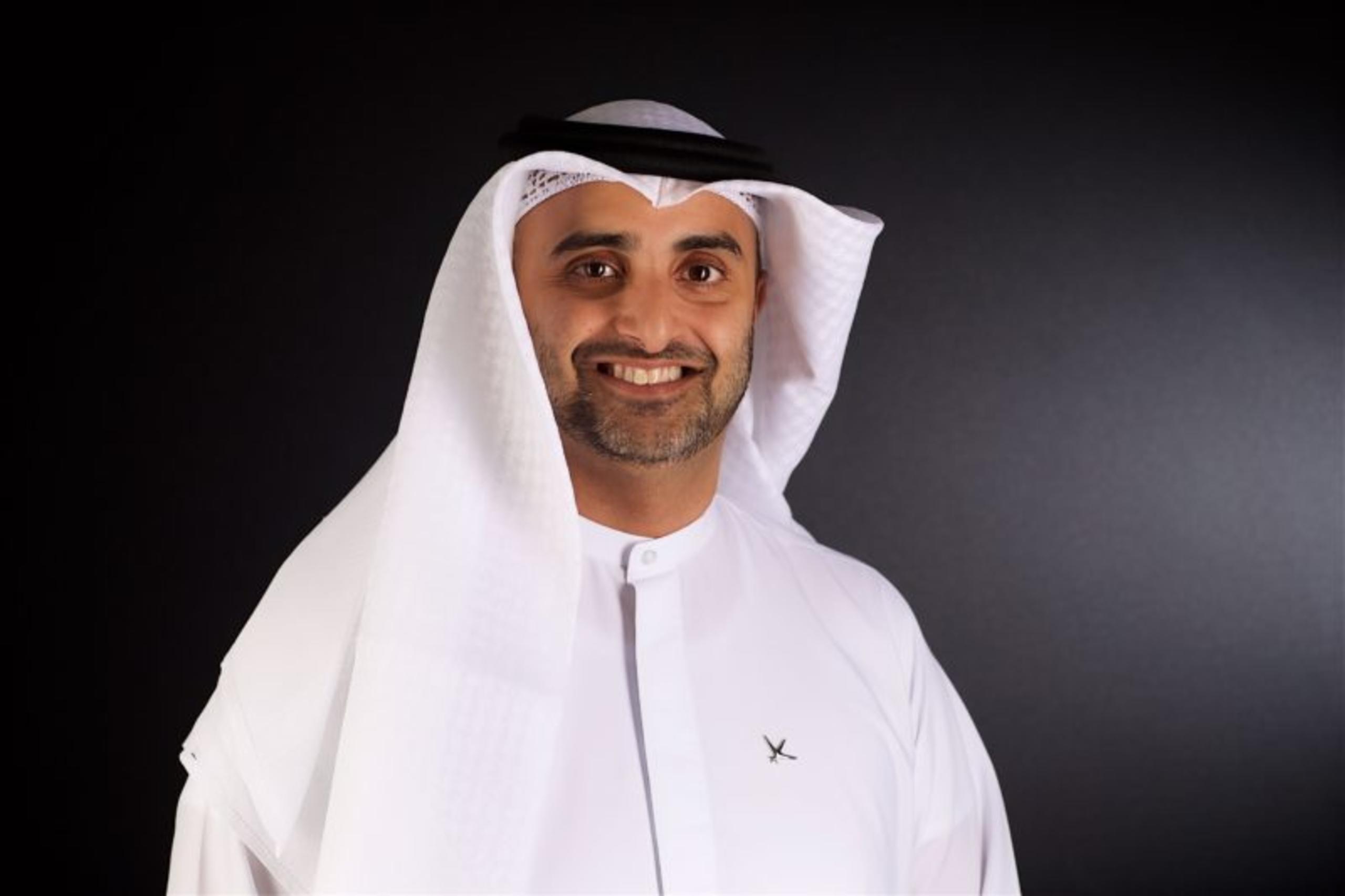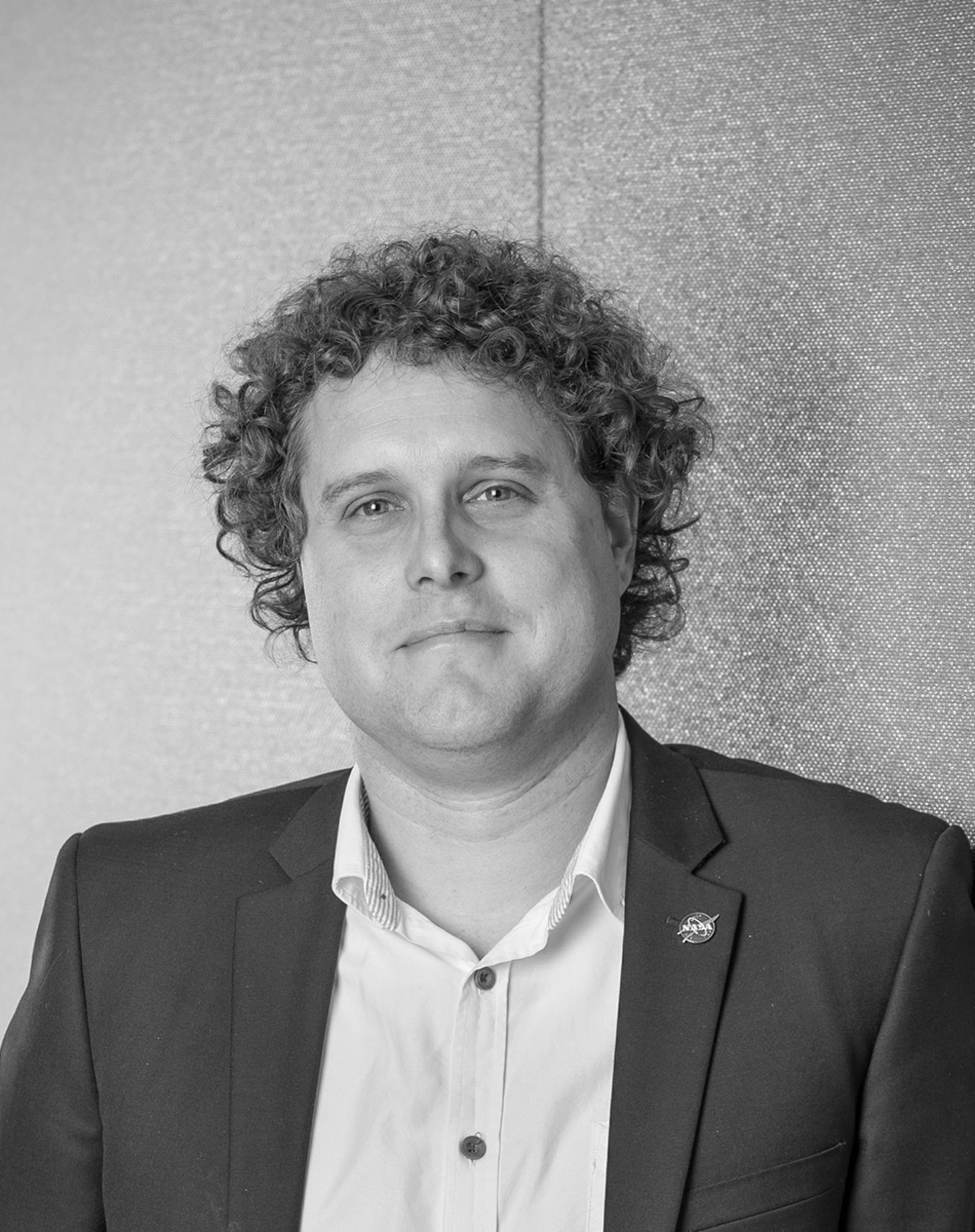
The Nominees for 2019 Satellite Executive of the Year
As we start a new decade, we take one final look at the year that was 2019 as we look to choose our latest Satellite Executive of the Year. July 24th, 2023

Satellite Executive of the Year is the most prestigious individual award in our industry, and very soon we will be unveiling the winner.
The winner of Satellite Executive of the Year will be determined by a combination of votes collected by Via Satellite readers, the Via Satellite editorial board, and SATELLITE 2020 attendees. Voting ends at noon on Tuesday, March 10. The winner will be announced at the SATELLITE 2020 Awards Luncheon on Wednesday, March 11 at noon.
Last year, Iridium CEO Matt Desch became the first two-time winner of this award. This time around, we have six new nominees, and no previous winners. It is likely to be eagerly contested. Here, we present the nominees.
Eric Sung, CEO, Intellian

In a short period of time, Intellian has positioned itself as one of the new technology leaders in our sector. This was recognized when it was crowned Via Satellite’s first ever Satellite Technology of the Year award winner in 2019. The company continued to progress at a strong rate under Eric Sung’s leadership in 2019. It followed up 2018 with a strong performance in 2019, with highlights including a significant deal with OneWeb, as well as an acceleration of its position in the maritime sector.
In 2019, the company was selected by OneWeb to build user terminals specifically for use in remote enterprise networks, cellular backhaul expansion and remote connectivity needs as part of the the new OneWeb Satellite ecosystem. The company demonstrated live connections with OneWeb during 2019 using new Intellian user terminals and Intellian gateway systems.
However, its performance in maritime was incredibly impressive. One of the undoubted highlights was its partnership with HGS (Hyundai Global Service) to deliver what Intellian claims is one of the world’s first smart ship solutions, which aims to change the face of the maritime market from the shipyard through the lifespan of the vessel. This service will allow Intellian’s customers to find operational efficiencies and meet new regulatory and compliance commitments.
Along those lines, in the cruise and energy segment, Intellian signed a new agreement with SES for its flagship product, the v240MT. This agreement and its collaboration with SES was a major factor in the company achieving record growth in the cruise market in 2019, with an increase of 51% in revenues from 2018.
In terms of the company’s financial performance, revenues have once again grown, and in many ways this was buoyed by significant sales growth in the maritime sector. In 2019, Intellian’s LP100, a new military specification land portable system, was rolled out to military customers, including a multi-million dollar agreement with the Korean Army, which saw Intellian deliver 192 systems in 2019.
Under Sung’s leadership, Intellian invests over 10% of its revenues in R&D. In 2019, the company launched seven new products, and has another 20 planned for 2020. It is an ambitious plan for one of the new kids on the block.
The company has performed strongly across all metrics, and its technology is likely to be a key part of a number of operator’s roadmaps in 2020 and beyond.
Masood Mahmood, CEO, Yahsat

These are not easy times for satellite operators. Growing revenues when traditional markets such as video are challenged is not easy, and many are now faced with how they are going to grow revenues in a market more fragmented than ever before. Most operators are struggling in this tough environment, but one that bucks this trend is Yahsat. In just over ten years, Yahsat has risen into the top ten of operators in terms of overall revenues under the strong and innovative leadership of Masood Mahmood.
Like SES, it has put together an ambitious strategy that goes beyond just Geostationary (GEO) satellites. In 2019, it became a fully integrated Fixed Satellite Service (FSS)/Mobile Satellite Services (MSS) operator thanks to its acquisition of Thuraya. In 2020, the company will undergo an ambitious satellite replacement program for Thuraya. But, it is already well positioned in burgeoning new segments such as Internet of Things (IoT)/Machine-to-Machine (M2M) thanks to this acquisition.
The company had a stellar year in 2019, and significantly expanded its international reach. It grew its presence in close to 40 new markets, mainly in West Africa. Yahsat also accelerated the growth of its Service Partner channel across this footprint to exceed 100 distributors.
It partnered with Morvest to implement a new go-to-market model for Africa starting with South Africa — for the first time offering direct contract-based subscriptions to consumers and Small-to-Medium Enterprise (SME) customers. Also, in Africa, Yahsat expanded its presence as a key enabler of government programs (e.g. education, health) in countries such as Nigeria and South Africa. It also launched a YahClick partnership with Facebook on Facebook’s Express Wi-Fi platform to expand its Wi-Fi product set.
2019 was also the year where Yahsat formed a joint venture (JV) with Hughes to provide satellite broadband connectivity across Brazil, which is now officially operational, following receipt of regulatory approvals. This JV marks an important step forward in Yahsat’s global commercial expansion plans, as it represents a catalyst for the continued growth of its services in South America and internationally.
Interestingly, the company was a highly impressive performance in maritime, a market not necessarily associated with the company. In 2019, its increased its maritime revenues by 50%.
Yahsat also entered into a major cooperation agreement with Astrocast, an IoT satellite operator in 2019. This projects the company’s potential leadership and early mover advantage in IoT.
Peter Beck, CEO, CTO, and Founder, Rocket Lab

Launching rockets is not for the faint of heart. Creating a new business around launching rockets is far from easy from a technical perspective. And ever since the likes of SpaceX entered the market, it is more competitive than ever. So, whenever a new player demonstrates success, it is a significant achievement.
Rocket Lab is no longer an emerging force. The company is successful and a strong contender for any contracts it goes after. In 2019, the company conducted six Electron launches, double what it did in 2018, and deployed more than 15 satellites to orbit for its government and commercial customers. It was also the year it completed construction of its U.S launch pad, Launch Complex 2, at the Mid-Atlantic Regional Spaceport in Virginia. It also began construction on its third launch pad, LC-1B, in New Zealand, and the company grew its team by more than 100 people. In terms of financial performance, the company has been cash-flow positive for over a year.
Rocket Lab also expanded into satellite manufacturing with the Photon satellite bus, and also carried out its first guided re-entry of Electron's first stage as it works toward reusability.
Rocket Lab is a dedicated small satellite launch provider, a strategy that seemingly places the company in a great position going forward. From a technology perspective, the company is also at the leading edge of launching small satellites. It uses what it calls a Kick Stage, a small upper stage that provides precise orbital insertion and can place multiple satellites into unique orbits, even when flying as rideshare customers. Rocket Lab also operates a private orbital launch site, which enables the company to launch more than 120 times per year — a significant number. With the establishment of Launch Complex 2, its customers now have the choice of two launch sites across the U.S and New Zealand.
Kathy Warden, Chairman, CEO, and President of Northrop Grumman Corporation

Kathy Warden led the integration of Northrop Grumman’s Innovation Systems sector, which included the acquisition and integration of Orbital ATK. She essentially restructured the entire company to adapt to change and streamlined commercial technology acquisition processes. This was Warden’s long-term vision for the company’s sustainability.
Warden was elected chairman of the Northrop Grumman Corporation (NGC) Board of Directors on August 1, 2019, and has served as CEO and president since January 1, 2019. She was elected to the company’s board of directors in 2018. She also serves as vice-chairman of the Aerospace Industries Association. Prior to becoming CEO and president, Warden served as president and COO, responsible for the operational management of the company’s four sectors as well as its enterprise services organization.
Under Warden’s restructure and leadership, NGC delivered strong business capture and backlog growth throughout 2019, higher sales from all four of the company’s sectors: Aeronautics Systems, Defense Systems, Mission Systems, and Space Systems. The company has also reported strong earnings and healthy cash flow. Through NGC’s first three quarters of 2019, the company enjoyed substantial increases in its earnings-per-share and its free cash flow guidance. NGC’s free cash flow is now near $1 billion.
In the third quarter alone, NGC booked more than $10 billion in new contract awards. In 2019, NGC Successfully launched the Mission Extension Vehicle-1, or "MEV-1" for in-orbit reservicing, officially kicking off the era of reusability in space. The company was awarded various contracts from the DoD and U.S. Air Force, Space Norway, the California Department of Forestry and Fire Protection, Made In Space, and various subcontracts from more than a dozen operators.
At NGC’s Aerospace Systems division, year-to-date book-to-bill is 1.6 times sale and backlog is up 28%. NGC’s OmegA launch vehicle is on track for its scheduled first launch in 2021 and operational launches of national security payloads in 2022. NGC’s Innovation Systems division sales are up 12% through the third quarter, due to higher volume on national security satellite systems.
Tim Ellis, CEO, Co-Founder, Relativity Space

When he was 25 years old, Tim Ellis left a comfortable position at Blue Origin to start his own company, Relativity Space, which would become the industry’s first autonomous rocket factory and launch services leader for satellite constellations. His aim was to disrupt 60 years of global aerospace manufacturing, and his vision received the confidence and millions of dollars in financing from a consortium of investors including Mark Cuban.
Relativity Space is developing the first and only aerospace platform to integrate machine learning, software, and robotics with metal 3D printing technology to build and launch rockets and other aerospace products in days instead of years. Under his leadership, Relativity developed the largest robotic metal 3D printer in the world and tested its entirely 3D printed Aeon rocket engine over 190 times, on track to launching Relativity’s Terran 1, the world’s first 3D printed launch vehicle.
In 2019, Relativity won launch Terran 1 contracts to support the Telesat LEO program, Spaceflight Industries, and Mu Space. It also won a contract with Momentus to launch its small and medium satellite customers to GEO.
Ellis played a leading role in closing hundreds of millions of dollars in partnership with the U.S. government, including securing the first-ever U.S. Air Force launch site award to a venture-backed company at Cape Canaveral, and exclusive 20-year agreements for multiple test sites and a 220,000-square-foot factory at NASA Stennis Space Center. At the factory, Relativity is building one of the world’s first autonomous rocket building factories alongside their test facilities.
Ellis, 29, is one of the youngest people ever nominated for this award. But, he already carries the influential weight of an industry veteran. He has testified before the U.S. Senate on commercial space policy, and is the youngest member on the National Space Council Users Advisory Group, directly advising the White House on all space policy. Relativity is backed by Bond, Tribe Capital, Playground Global, and Social Capital.
Steve Collar, CEO, SES

SES CEO Steve Collar continues to lead a strong renaissance for SES, which is performing strongly and setting a template for how a big operator should evolve its business.
2019 was a notable year for SES for many reasons. The company signed one of the deals of the year just before the trade show swing in Paris, teaming up with Microsoft in a multi-faceted cloud and satellite deal, which in many ways brought Microsoft fully into the satellite world. The phrase “ground-breaking deal” is used a lot in our industry, but this was one of the few times when it was genuinely merited.
This deal alone in some ways puts SES in contention, but there was so much to admire about Collar’s work in 2019. SES’s transformation away from a video-centric business has also been particularly impressive. For the first time, the Networks business went over $500 million in the nine months to the end of September, a double-digit percentage increase compared to the same stage last year. SES, like most operators, is finding video a challenging business, but its performance in its networks business has been little short of superb.
The operator also made a diverse set of deals in 2019, signing contracts with the likes Ethiosat (Ethiopia), Dream Cruises, TeleGlobal (Indonesia), and Ritz Carlton to name a few.
But, there was even more to Collar’s leadership than these kinds of deals. As one of the key protagonists in the C-Band Alliance (CBA) he has been at the forefront of protecting satellite’s interests in key spectrum in the United States. 2019 was quite a year for Collar, with one of the deals of the year with Microsoft, strong performance of its networks, while remaining one of the strongest leaders in our sector. VS